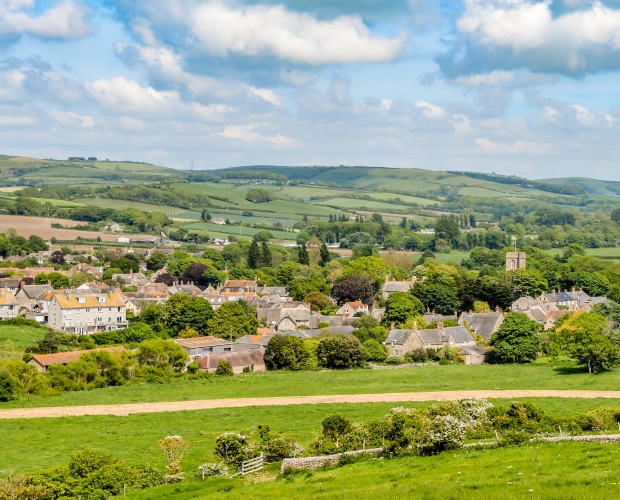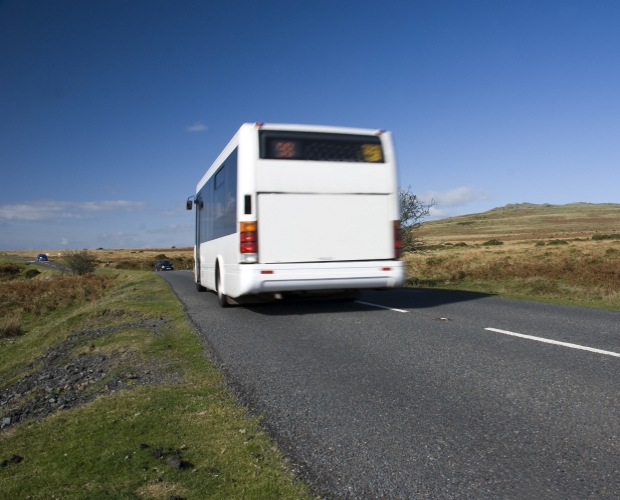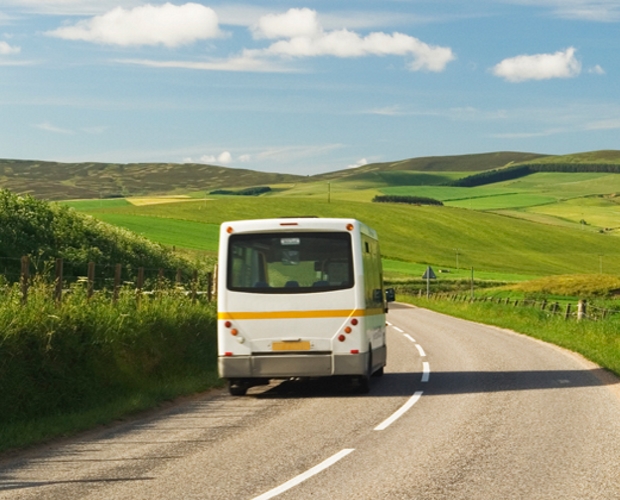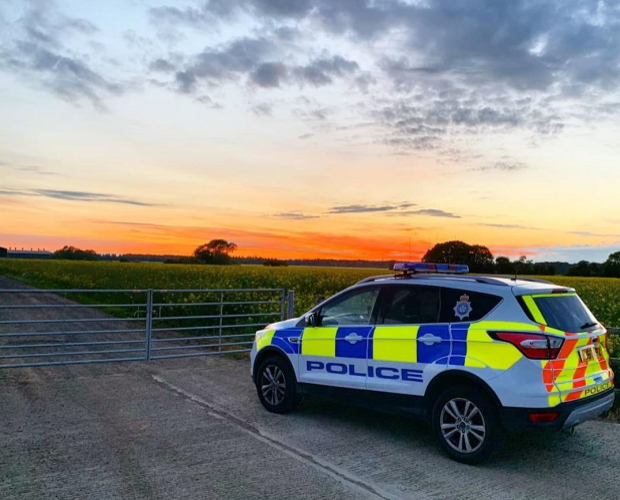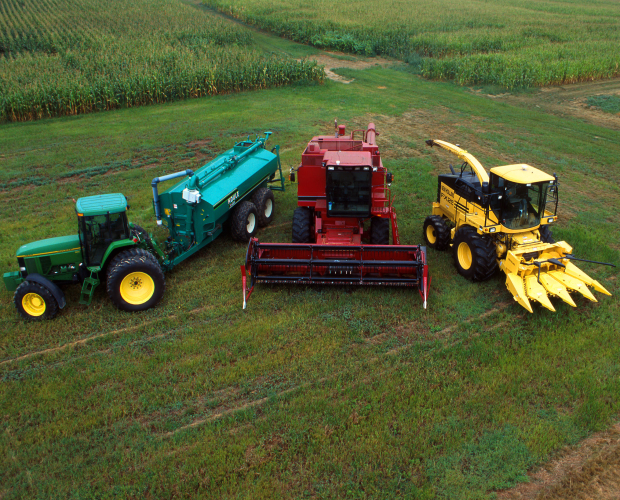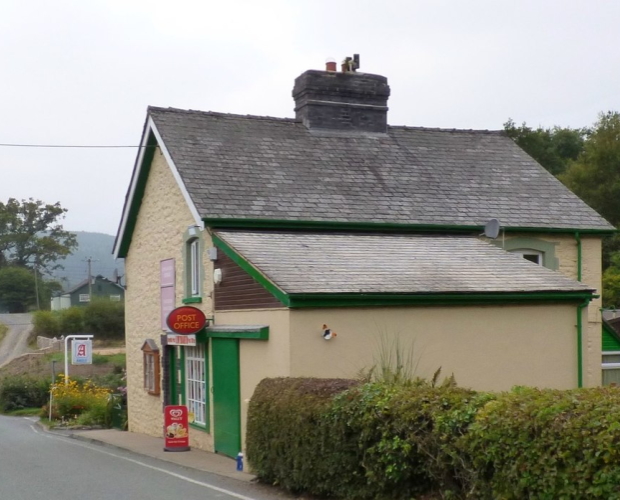T: 01822 851370 E: [email protected]
Visit RSN Survey about life in rural England to find out more.
Analysis by the Labour Party reported in The New European has found that 320,000 jobs in rural communities are at risk if the Government persist with its ‘one-size-fits-all’ plan to withdraw the job retention scheme in October Research from the National...
Market Rasen Mail has covered news that Sir Edward Leigh MP (Con) has criticised a regional bus company for withdrawing services from small rural communities: ‘when they need it most’ Leigh maintained it is ‘wrong’ of Stagecoach East Midlands to...
On 14th July 2020, the Rural Services APPG considered the main difficulties faced by rural bus services in England, and how these might be overcome The Chairman of the APPG for Rural Services (The Rt Hon Philip Dunne, MP) has...
The BBC, Somerset Live and Police Professional published the findings of insurance company NFU Mutual’s 2020 Rural Crime Report, showing that rural crime across the UK is at its highest level for eight years The report expressed concerns that rural...
Minister for Digital Infrastructure Matt Warman MP (Con) writes in The Telegraph that 500,000 homes and businesses now have access to gigabit-capable broadband as part of the Government’s £1 billion commitment to fund its rollout since 2018 He revealed that...
* All figured used below are provided by NFU Mutual Cost of rural crime at eight year high - up almost 9% in just 12 months Coronavirus effect sees livestock rustling incidents Concern rural crime...
Below is a recently released report written by Citizens Advice: Despite a huge increase in cashless spending and rising online banking, 14% of consumers and 20% of small businesses still use face to face banking weekly. As banks continue to...
The Sunday Times has covered news that Boris Johnson set out a war gaming exercise last Wednesday in No 10 that debated the possibility of further travel restrictions and extra measures The Prime Minister has ordered officials to draw up...
Charity Digital has written an article exploring what the crisis means for the charities operating in rural areas One charity, Scunthorpe and District Mind is a small-to-medium-sized charity that works to promote positive mental health and to offer support to...
The Telegraph reports that the Government has said that families living in remote areas of Britain should receive faster internet at the same time as those in cities, via the Government’s £200m Rural Gigabit Connectivity (RGC) programme, which helps homes in the...
NEWSLETTER
Sign up to receive all our latest news and updates.
HOT TOPICS
Amid reduced public spending, fair resource allocation across regions is crucial. Despite a population larger than Greater London, rural areas receive significantly less funding for essential services, even though delivering these services in rural areas is more expensive.
Economic growth is widely acknowledged as essential for national wealth and prosperity and is a priority for political parties. Rural economies, employing millions and home to a higher proportion of small businesses, have potential for growth if barriers are removed.
Rural residents face distinct healthcare challenges, including limited access to transport, longer distances to medical facilities, an aging demographic, housing inadequacies, digital connectivity gaps, and difficulties recruiting health and care workers.
Rural communities are grappling with a severe affordable housing crisis, marked by high house prices, a lack of affordable housing, elevated living costs, and lower incomes, threatening their sustainability and vitality.
Transport is vital for the quality of life and economic health of rural areas, yet it faces challenges such as infrequent public bus services and less Government funding compared to urban regions.
Rural areas, encompassing a substantial portion of England's population and land, play a pivotal role in combating climate change and achieving the net zero target.
In an increasingly digital world, the lack of robust digital infrastructure in rural areas severely limits access to crucial services and stifles economic growth.
A future-focused vision for rural communities involves not just building the right homes in the right places but also ensuring thriving, sustainable communities.
SIGN UP TO OUR NEWSLETTER
Sign up to our newsletter to receive all the latest news and updates.

